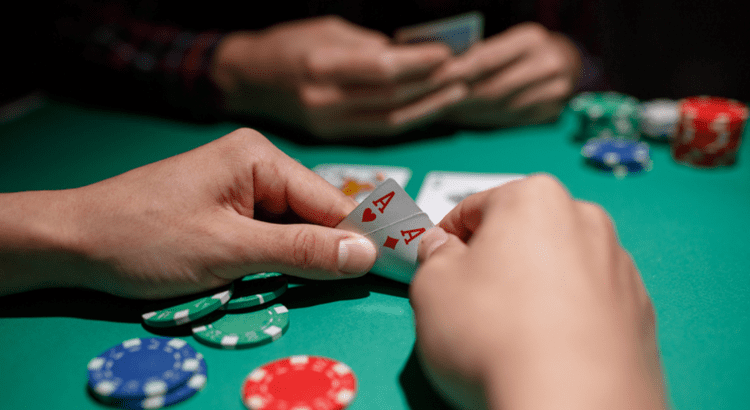How Old to Play Poker
Whether you are a poker newcomer or a seasoned pro, learning how old to play poker can help you make the most of your time at the table. There are several factors that influence your ability to win in the game, including luck, skill, and discipline.
The Age Requirement for Gambling at Poker Rooms & Casinos
Most poker rooms require players to be 21 years of age, but there are some exceptions. Typically, these poker rooms accept state-issued drivers licenses as verification of the player’s age. This is a way to protect young gamblers from underage gambling.
The Age Requirement Online Gaming & Gambling
Most online casinos and sportsbooks have minimum age requirements, but this varies from site to site. While some states have legalized online gambling, others have not. In states where online gambling is not legal, offshore online casinos are often allowed to operate.
If you are a US citizen, you can play poker at an online casino if you meet the minimum age requirement. However, there are some limitations to playing poker online, such as the fact that some online casinos do not offer live action.
The Age Requirement at Online Poker & Casinos
Many online poker sites require users to be 21 years of age to register for an account. This is to ensure that young people are not able to place illegal bets on the site and that the operator has enough funding to support its operation.
How To Improve Your Physical Game
One of the most important skills to develop in poker is stamina. If you don’t have the endurance to play long sessions at a high stakes, you will find it difficult to be successful. This can cause you to lose money, so it’s important to work on improving your physical game.
A common mistake that new players make is that they get too emotional and overexcited about winning or losing. This can lead to mistakes that cost them money and can ruin their confidence at the table.
The best way to avoid this is to keep your emotions in check and to stay humble, even when you are on a good streak. This will allow you to make the most of your playing time and to stay focused on the task at hand, which is to win money.
In order to increase your odds of success, you should also practice patience at the tables. This will give you the opportunity to learn the ins and outs of the game and to make the right decisions for your bankroll.
If you want to be a professional poker player, it’s important to have a plan in place that will help you achieve your goals. This can include choosing strategies, managing your bankroll, and studying bet sizes and position.
Achieving a career in poker is a long and arduous process, but it can be done with dedication and perseverance. You can also gain valuable experience and skills by networking with other players, joining forums, and studying strategy articles from poker sites.

